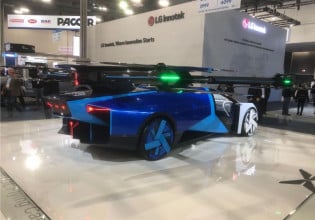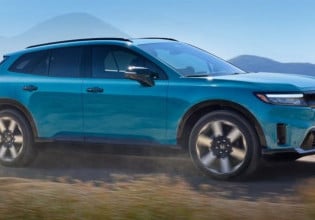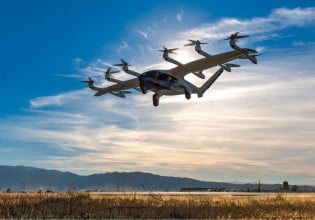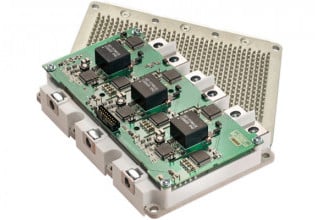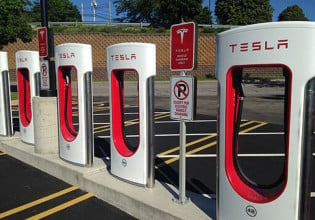Software-Defined Power one aim of Ericsson collaboration with Universities
Ericsson announced new collaborations with prestigious universities King's College London and Technische Universität Dresden (TU Dresden). The collective efforts will focus on 5G research, addressing both the technical implications and the societal challenges of implementing the next-generation of communications technology. The collaborations with the two universities will build on other leading European research institute and university collaborations in the 5G sphere, such as those with the Royal Institute of Technology, Chalmers University of Technology and Lund University in Sweden.
“One of the most urgent and critical challenges in the design of 5G wireless communication systems is that of mitigating their energy consumption in light of a greatly increased data rate. Indeed while it has now been some years that the topic of energy-efficient design of communication networks has gained a prominent role, due to both economic reasons and environmental concerns on sustainable growth, it is expected that in the 5G era, with millions more base stations and billions of connected devices, this topic will be even more compelling. Given the required 1000x increase in offered data rates and throughput with respect to current state-of-the art technology, the network energy efficiency must be improved by at least the same factor, in order to keep the energy consumption at today’s level,†commented Dr. Alessio Zappone with TU Dresden.
Patrick Le Fèvre, Marketing and Communication Director of Ericsson Power Modules, said: “The Software-Defined Power Architecture is being seen in the industry as the best way forward to optimize energy utilization in data networks and make them more energy efficient. The optimization of energy down to a granular level was at the origin of Ericsson’s digital power research, which was started in 2004.â€
"The collaboration with King's College London and TU Dresden will accelerate the momentum around smart sustainable cities, the Internet of Things and evolved industries powered by 5G in UK and Germany. They underscore Ericsson's ongoing commitment to innovate in Europe and develop 5G with relevant partners as the basis of a networked society and of digitized economies in the next decades," commented Valter D'Avino, Ericsson Head of Region Western and Central Europe.
Ericsson is also leading the EU project METIS (Mobile and wireless communications Enablers for Twenty-twenty (2020) Information Society) and been a driving force of 5G PPP (5G Infrastructure Public-Private Partnership), in which vendors, operators and players from industries such as the automotive, utilities and automation sectors are working closely together.
5G is expected to begin its commercial rollout in 2020, by which time Ericsson believes that there will be up to 50 billion connected devices in the world, mainly in machine-to-machine communication. 5G networks will enable a wide variety of use cases such as evolved mobile broadband services, a range of machine-to-machine communication and media distribution. These services will demand diverse requirements on the performance of the networks.


